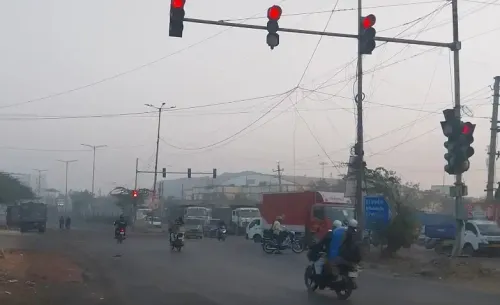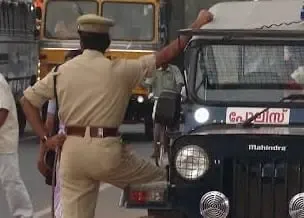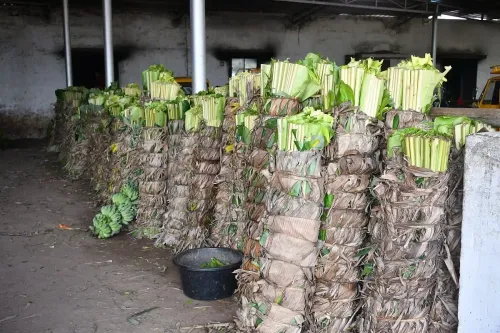Why Did the Kerala HC Reprimand Vigilance Over ED Officer's Bail Request?

Synopsis
Key Takeaways
- The Kerala High Court has expressed dissatisfaction with VACB's delay.
- Sekhar Kumar is the primary suspect in a high-profile corruption case.
- Wilson's alleged attempts to bribe the businessman have led to multiple arrests.
- The case highlights potential corruption within the Enforcement Directorate.
- Kumar claims no involvement in the alleged crimes.
Kochi, June 11 (NationPress) The Kerala High Court expressed its discontent with the Vigilance and Anti-Corruption Bureau (VACB) on Wednesday when they requested additional time to address the anticipatory bail application of Sekhar Kumar, the Assistant Director of the Enforcement Directorate (ED) located in Kochi.
Previously, the court had issued an interim order barring Kumar's arrest until June 11, with the case scheduled for a hearing today. However, upon the case's appearance, the VACB sought more time, leading the court to question this delay. The court instructed the bureau to present the case diary and rescheduled the hearing for next Tuesday.
Kumar is identified as the primary suspect in a significant corruption case initiated by the VACB last month. This case has already resulted in the arrests of three individuals: chartered accountant Ranjith Warrier, alleged middleman Wilson, and Mukesh Jain, a long-term resident of Kochi originally from Rajasthan.
The case arose from a complaint lodged by a businessman from Kollam, engaged in cashew exports to Africa, who faced considerable losses during the Covid-19 pandemic after being swindled by a foreign client. During an ED inquiry into this issue, the businessman received a summons.
At this juncture, Wilson purportedly contacted the businessman, asserting he had influential connections within the ED and could assist in “settling” the case. He proposed a sum of Rs 2 crore to be paid in four installments in exchange for halting the ED's investigation. Following a second ED summons, which Wilson had foreseen, the businessman became suspicious and notified the VACB.
To gather evidence, the businessman transferred Rs 2 lakh in cash and made a bank transfer, enabling the VACB to track the funds. Wilson was apprehended while accepting the cash, leading to the subsequent arrests of Jain and Warrier. All three individuals are currently out on bail.
Kumar, who has petitioned the High Court for anticipatory bail, asserts that he has no ties to the alleged corruption or the detained individuals. He claims to be innocent, fears arrest, and is prepared to comply with any court-imposed conditions.










